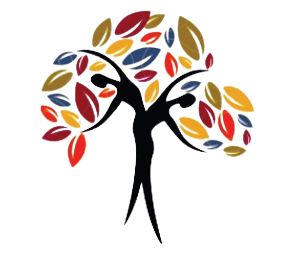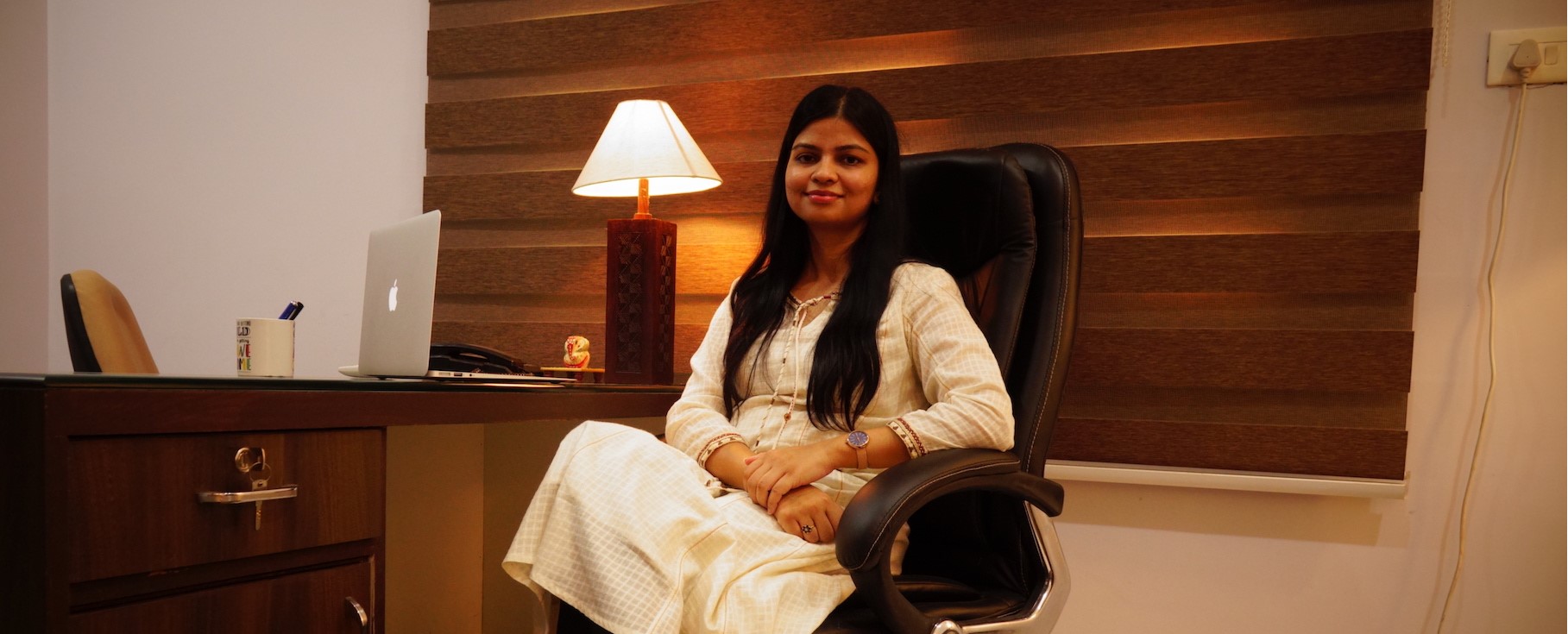VAYAM: Redefining Women’s Mental
Health Care
At VAYAM, we offer a safe haven for women to address their mental health challenges, break barriers, and embrace empowerment. Together, we pave the way for healing and growth. A safe space dedicated to empowering women through compassionate mental health care.



